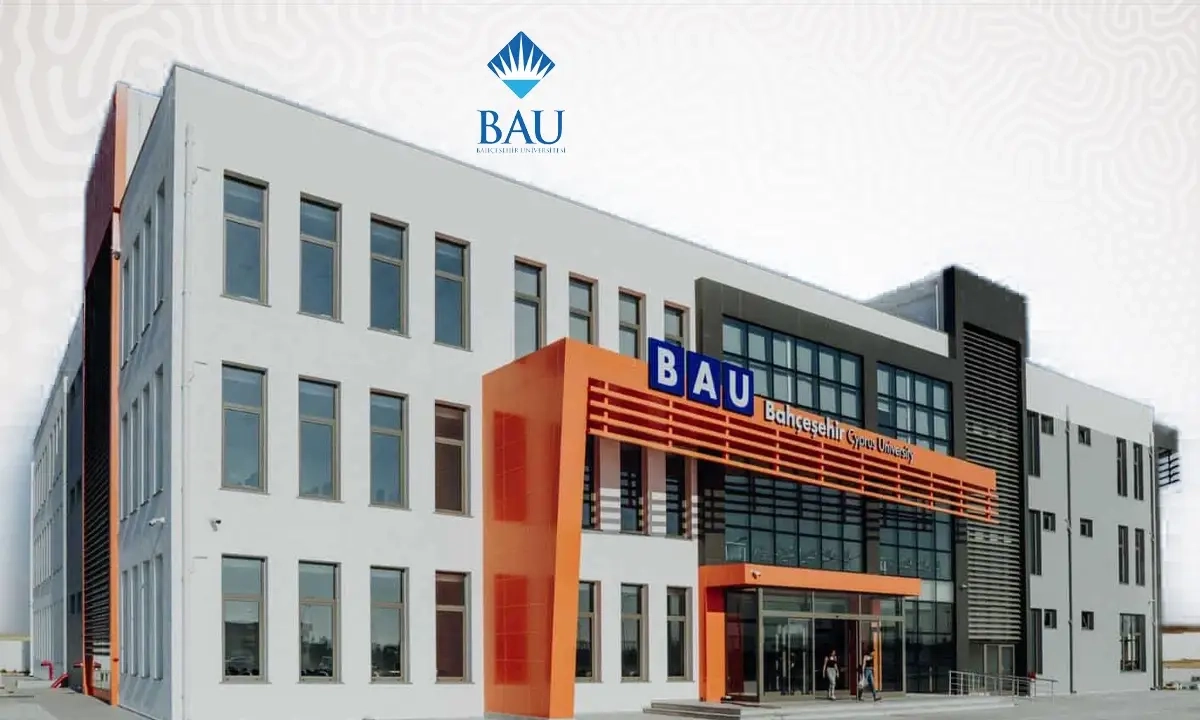College: Fine Arts
The Culinary Arts program combines the study of cooking techniques, food science, and cultural aspects of food. Students develop skills in cooking, baking, menu planning, food management, and culinary innovation. Graduates are prepared for careers in restaurants, hotels, catering services, food media, and culinary education.
Learning Objectives:
- Understand the fundamentals of culinary arts and gastronomy.
- Develop skills in cooking techniques, food science, and menu planning.
- Learn techniques for kitchen operations management and culinary innovation.
- Explore principles of food culture, history, and sustainability.
- Analyze and interpret culinary trends and food research outcomes.
- Develop critical thinking, creativity, and management skills for effective culinary practice.
Main Curriculum:
- Introduction to Culinary Arts
- An overview of key concepts, principles, and practices in culinary arts and gastronomy.
- Basics of cooking techniques, food culture, and culinary history.
- Cooking Techniques
- Principles of cooking techniques, including knife skills, cooking methods, and recipe development.
- Techniques for preparing and presenting various cuisines and dishes.
- Baking and Pastry Arts
- Principles of baking and pastry arts, including bread-making, pastry preparation, and dessert creation.
- Techniques to create a variety of baked goods and pastries.
- Menu Planning and Food Management
- Principles of menu planning and food management, including cost control, inventory management, and menu engineering.
- Techniques for developing and managing menus and food operations.
- Food Science
- Principles of food science, including food chemistry, microbiology, and preservation techniques.
- Techniques to understand and apply food science in culinary practices.
- Culinary Innovation
- Principles of culinary innovation, including molecular gastronomy, modernist cuisine, and experimental techniques.
- Techniques to create innovative and advanced culinary experiences.
- Culture and History of Food
- Principles of food culture and history, including culinary traditions, regional cuisines, and cultural influences.
- Techniques to study and appreciate food culture and history.
- Sustainability in Culinary Arts
- Principles of sustainability in culinary arts, including sustainable food practices, local sourcing, and waste reduction.
- Techniques to implement sustainable practices in culinary operations.
- Practical Training
- Practical experiences in culinary arts, including hands-on training and practical projects in restaurants, hotels, or culinary research institutions.
- Application of acquired skills in practical culinary scenarios.
- Final Culinary Project
- A comprehensive project applying skills in cooking techniques, menu planning, or food management.
- Presentation of a refined culinary project, research paper, or menu showcase.
Assessment Methods:
Projects in cooking techniques, baking and pastry, menu planning studies, food management plans, food science reports, culinary innovation projects, food culture and history studies, sustainability projects, hands-on/practical training reports, capstone projects, group projects, and presentations.
Recommended Textbooks:
- "Culinary Arts" by various authors.
- "Cooking Techniques" by various authors.
- "Baking and Pastry Arts" by various authors.
- "Menu Planning and Food Management" by various authors.
- "Food Science" by various authors.
- "Innovation in Cooking" by various authors.
- "Culture and History of Food" by various authors.
- "Sustainability in Culinary Arts" by various authors.
Prerequisites:
Basic knowledge in cooking and food science, and interest in culinary arts and food culture.
Program Duration:
Typically two to four years for an associate's or bachelor's degree, including coursework, internships, and capstone projects.
Certification:
Graduates may receive a degree or certification in culinary arts and gastronomy and continue to higher education or professional certifications, like those offered by culinary institutes or food management organizations.
Target Audience:
Aspiring chefs, culinary artists, food scientists, nutritionists, food service managers, and individuals seeking careers in restaurants, hotels, catering, food media, and culinary education. This program equips students with culinary, scientific, and managerial skills needed to excel in culinary arts and gastronomy, supporting careers in various food-related and culinary roles.






















